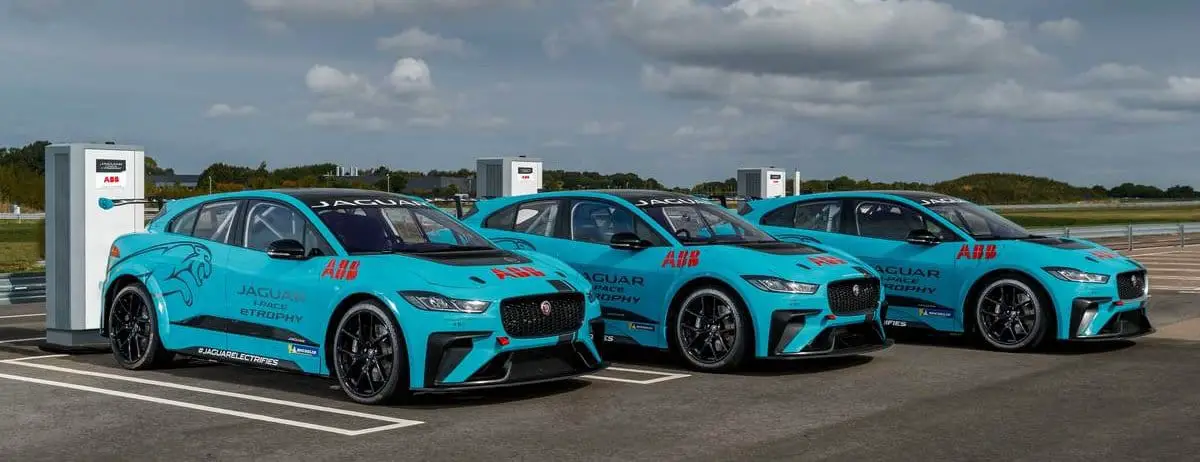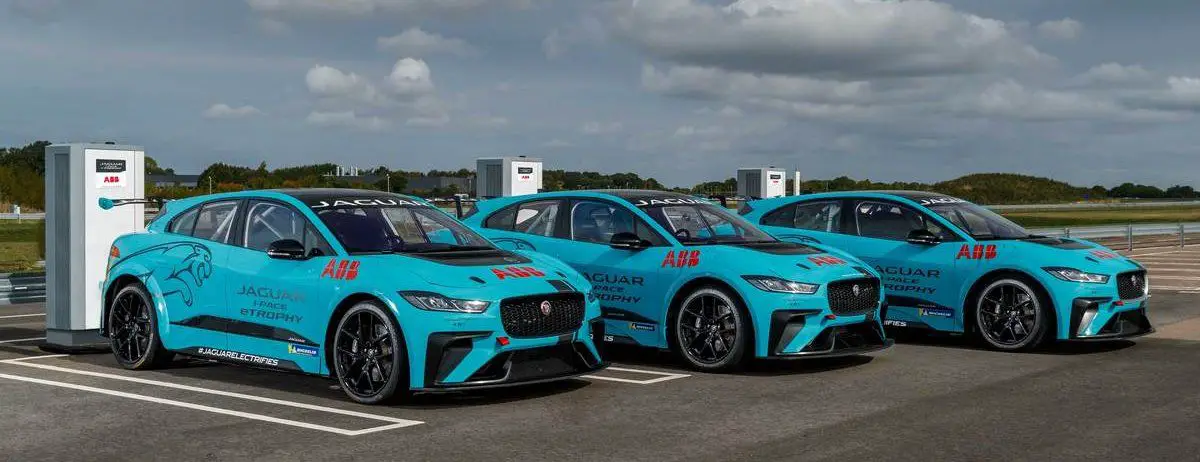Jaguar I-Pace Racing Series Comes to An End
The Jaguar I-Pace racing series, which launched in 2018, will come to an end this year after just two seasons due to the economic fallout of the COVID-19 pandemic.


Jaguar I-Pace eTrophy is a battery electric zero-emission international motor racing series supporting the FIA Formula E Championship which started in late 2018.
The Jaguar I-Pace racing series, which launched in 2018, will come to an end this year after just two seasons due to the economic fallout of the COVID-19 pandemic. Jaguar I-Pace eTrophy, as it’s officially called, will finish out whatever races it can this year alongside electric racing series Formula E and then fold up shop at the end of the season, despite being contracted to put on at least one more.
The series has postponed all racing until July at the earliest, but the last two races of the season in New York and London (scheduled for 11 July and 25 July respectively) have apparently already been full-on cancelled.
Jaguar made a return to international Motorsport with its FE team in 2016, and the one-make series for the electric I-PACE SUV launched in 2018 originally for a three-year deal.The inaugural season featured 10 races and three events took place in the current 2019-20 campaign prior to the calendar disruption caused by COVID-19.
James Barclay, Jaguar’s Formula E team director, says the eTrophy “has realized many of the targets that the company had set out to achieve”, but “during these unprecedented times of the corona-virus pandemic, we have reviewed our strategy and made the decision to withdraw the Jaguar I-Pace eTrophy series after two successful seasons”. Jaguar will continue to race in Formula E.
The grid peaked in its first year with 12 cars, but that has dropped to 10 entries this season split across six teams in addition to the centrally run cars for guest drivers.
Jaguar I-Pace eTrophy was a more diverse Motorsport than most. This past season alone, Katherine Legge became the first woman to win a professional all-electric race, Reema Juffali was the first Saudi Arabian woman to compete in an international Motorsport series in her own country, and Takuma Aoki was the first driver with disabilities to compete in a global EV racing series.




